|
by Rick Mazumdar Have you ever had one of those conversations with your parents with regards to music? Where your parents say that their music was a thousand times better than all the noise that's coming out these days? That all that you hear now isn't great at all and shouldn't be considered music? When you were young, you used to listen to the music that they used to listen to, but you stopped appreciating their music, and then something terrible happened to you. You grew up. You stopped liking what they used to like. You started headbanging, piercing your body parts and coloring your hair, and started talking of revolution and things of that ilk. You started staying out late at night, sometimes not coming back home for days. We all grow up. We go through the motions. We have anxieties and fears and we all want to do something remarkable. We develop our own unique tastes. We listen to the things our friends listen to. And we listen to what we want to listen to. "The Music Never Stopped" is based on an essay by Oliver Sacks named "The Last Hippie". It was based on a true story. The name of the film is taken from "The Music Never Stopped: Roots of the Grateful Dead", a 1995 compilation album of songs, performed by the original artists, that the American rock group the Grateful Dead covered and performed live throughout their career. Several of the tracks on this album can be found on no other compact disc, including "Rain and Snow" as performed by Obray Ramsey and "Big Railroad Blues" by Cannon's Jug Stompers. The eclectic nature of the Grateful Dead's music is highlighted on this album with the inclusion of songs from such diverse genres as folk ("Morning Dew", "Goin' Down This Road Feelin' Bad"), the blues ("The Red Rooster", "Turn On Your Love Light"), country ("Mama Tried", "El Paso"), gospel ("Samson & Delilah"), and straight out rock and roll ("The Promised Land", "Not Fade Away"). The film is set between the 1960's and the 1980's and alternates between these periods for the purpose of story. The film opens with "Young at Heart " playing in the background, to a mother receiving a phone call from a hospital that her son Gabriel Sawyer has been found. The year is 1986. Gabriel went missing 20 years before. He was found in a comatose state with a tumor that engulfed his entire brain. Though benign, it would cause Gabriel to lose a major portion of his long term memory. The operation is successful but Gabriel is never the same, he does not have the capability to form new memories. He is soon taken to a rehabilitation center. As soon as they arrive we hear the song "Till there was you" playing, and then we are taken back to the year 1957 . We find Henry Sawyer (Gabriel's father), Gabriel and his mother Helen Sawyer in a car, while Henry Sawyer describes the first time he heard "Till There Was You". He asks the name, the composer and other details about the song to Gabriel, who's quite prompt in answering. This is essentially a time that Henry Sawyer would remember as a happy memory with his son. Days passed in the rehabilitation center, and Gabriel's condition doesn't improve. But something starts happening. He starts remembering phrases and old commercial's like the Coca Cola commercial ("It's the Real thing") when their tune was played. But this isn't anything significant, though soon something wonderful happens. One night the nurses found Gabriel playing the Marseilles song on a trumpet! As a child Gabriel was given a trumpet on Christmas since his uncle (who he was named after) played the Trumpet. The Doctor's couldn't explain to Gabe's parents how this happened and assumed this was not indicative of any memory coming back to Gabriel. His parents were disappointed. We soon see Henry Sawyer and his wife back in their home. The radio is playing the song "Summer Song" by The Tulips, Henry reaches to turn it off, but his wife says "Please leave it on," while looking down into the sink. Summer Song ~ The Tulips We're taken to the year 1968 where we find Gabriel playing "Summer Song" with his band "The Black Sheep". We find Henry Sawyer coming down to the basement, chiding Gabriel for playing such music and then calling him up for dinner. We are then taken back to the future where we find that Henry Sawyer has lost his job and his wife has taken a job at the same company he was working for. Henry Sawyer now had a lot of time to spend with his son. He's now focused completely on helping his son get better. He's started reading up articles on how music and the brain are related. He seeks the help of one Diane Daily, a music therapist, after the doctors offer no hope for Gabriel's recovery. The idea is to stir his memory through a visceral connection to the music. Henry stubbornly insists she begin treatment with tunes from his beloved big band era, the kind of music Henry liked, and something he once shared with his son. It doesn't work. Diane Daily persists. One night she has an epiphany. She'd learnt that Gabriel loved the music of the 60's from his parents, and had once played him The Marseilles track to no avail ,but then she realized that The Beatles used the Marseilles track in their song "All You Need Is Love". And she when plays it to him, Gabriel comes alive from his dormancy, he's able to articulate fully his love for the song, when he first heard and he loved the song and The Beatles. Diane was amazed she asked him how old he was, and what year it was, he couldn't answer correctly, he was stuck in 1968. Diane finally asked him what President was in Office, he gave a few answers and by that time the song had ended and Gabriel returned to his vegetative state. Diane wanted more answers, she quickly played him another track. Uncle John's Band~ The Grateful Dead Gabriel is back again almost immediately, as he describes how much he loved The Grateful Dead and their music. He tells Diane that he once almost saw The Grateful Dead live in concert. Diane asks him why he couldn't see them, and Gabriel narrates to her a story. Gabriel had to go to college night (he had to a convention where he could pick colleges to go to). He was having dinner with his parents where he told them that he wanted to go see The Grateful Dead, his father was not impressed. He immediately told Gabriel to focus on his education. After dinner he had gone to College Night with his father, but once there he duped him and escaped with his friends, but he didn't get the tickets to see them. He then went to his best friend's house, who was going away to fight in the Vietnam War. This would be the last time they would meet. The song ends once again. Diane Daily then described all her observations to Gabe's parents explaining how one's most favourite music causes us the most emotional effect, and how we associate different points in our lives to the music we hear during those times and how it stays with us. Later we learn that Gabriel ran away from his home after he had a fight with his father. Henry had gone to see a gig Gabe and his friends had at their school, during which he burnt the American flag. This angered his father and caused Gabriel to leave for 20 years. Recalling on his past mistakes, Henry Sawyer starts listening to songs the Gabriel liked to listen to, just to help his son come back from the darkness. I will not be spoiling the movie any further, and will ask everyone who's reading to check out this film. Now why did I choose to write on this film? I feel this film is quite underrated in my opinion. It's a heart warming drama film about the relationship between a father and his son, and it spans over decades of great songs from The Beatles to The Grateful Dead. "The Music Never Stopped " is directed by Jim Kohlberg, who makes his directorial debut from a script by Gwyn Lurie and Gary Marks. The film talks about how music helps us repair damaged people, and how we can learn so much from it. It talks about how we should appreciate the music that we listen to and how it has relevance at various points in our lives and how it's relevant to the present day and age. It also talks about bonding between our family members and how we can change and learn to adapt and form friendships with our family, which I think is extremely important. I think music has this great way of rebuilding former broken relationships with anyone. It's a wonderful thing when you can bond with your family over a song. Besides all these points it's also one of my favorite coming of age films. So please do watch this film! Oh, this is a song I listen to with my own father:
Follow us on Facebook and Instagram to be notified whenever we release new articles.
Do you use an RSS reader? Even better!
0 Comments
Leave a Reply. |
Categories
All
Archives
December 2022
|
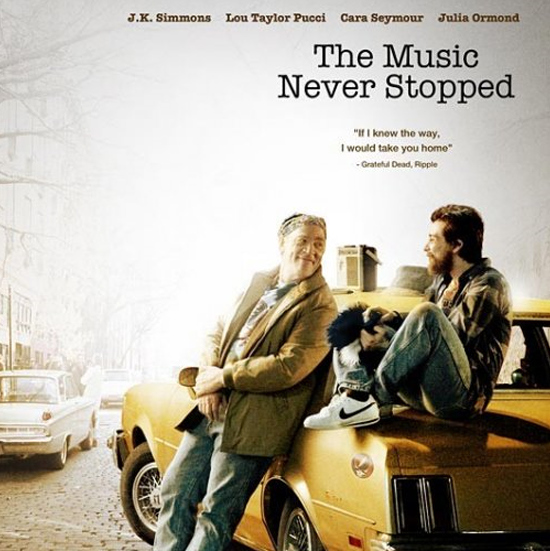
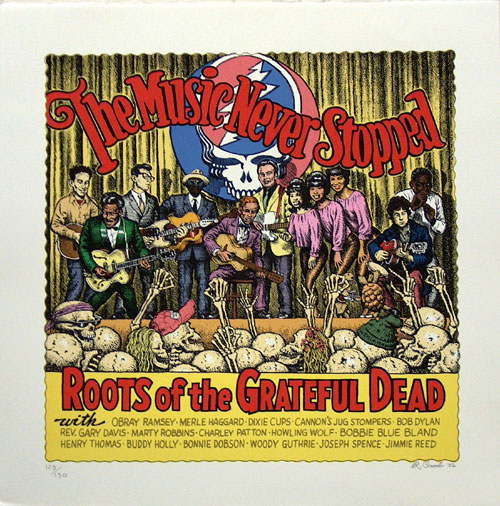
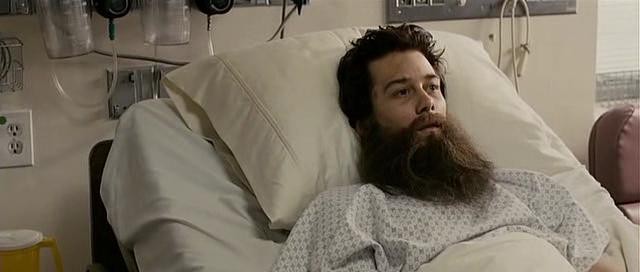
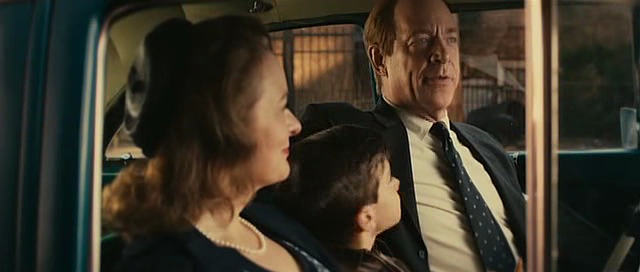
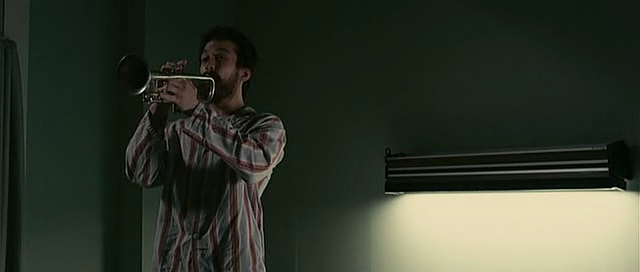
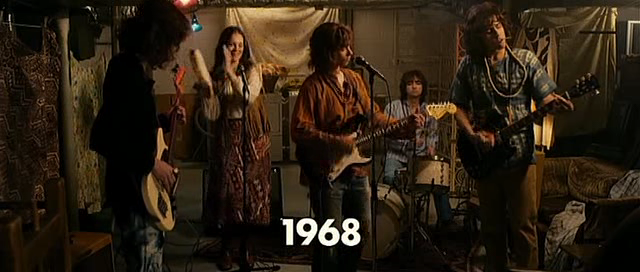
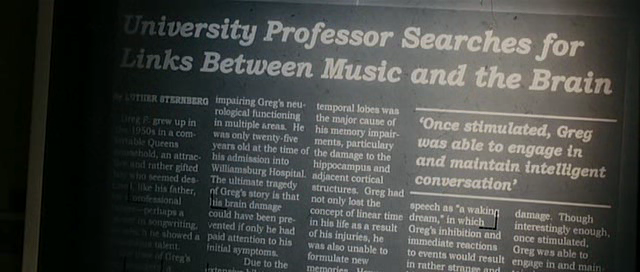
 RSS Feed
RSS Feed
